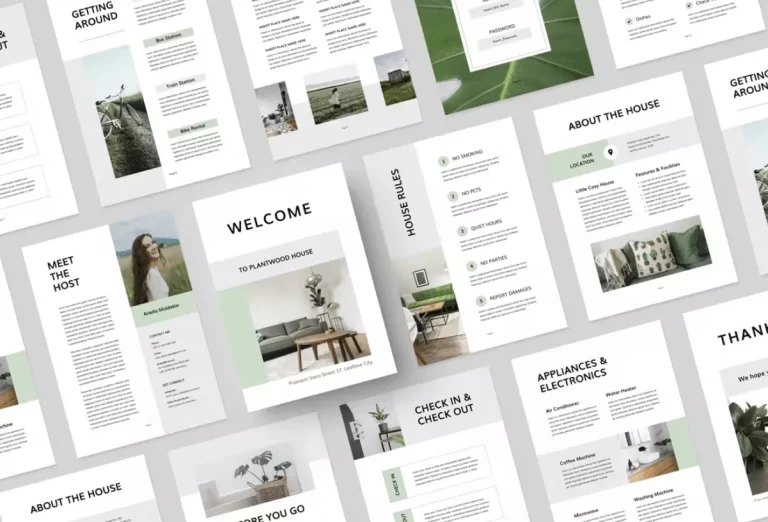Swaddle your baby in a blanket or piece of clothing that smells like mom. Sing a feeding time song. Sing a song before and while you breastfeed your baby. Sing the same song before and during a bottle-feeding, as it may help your baby associate the two.
Why is my baby refusing bottle all of a sudden?
The following reasons are some of the most common things to look out for if your baby refuses the bottle: Your baby was recently weaned and wants to continue breastfeeding. Your baby isn’t hungry enough to want feeding. Your baby is feeling sick, colicky, or otherwise unwell enough to feed.
Why is my baby on a milk strike?
Babies can enter a nursing strike for a variety of reasons that are both physical and emotional. Some causes could be: congestion or an earache that makes nursing uncomfortable. a sore throat, or a cut or an ulcer in their mouth that makes nursing uncomfortable.
What to do if baby is refusing a bottle?
If your baby is refusing the bottle, try giving them your milk with a different vessel. You could try a sippy cup, a spoon, or even a regular cup. You can do this by holding your baby in an upright position on your lap. Bring the milk gently to their mouth, letting them drink at their own pace.
How long does milk strike last?
Nursing strikes can last from 1-2 days, or as many as 9-10 days. Typically, the baby will go back to the breast after only a few days. To keep your milk supply up during a strike, you should pump at your typical feeding times, for example every 2-3 or 4 hours. Continue to offer the breast.
Can teething cause nursing strike?
What causes nursing strikes? Rejection of the breast, also called a nursing strike, can happen unexpectedly for a number of reasons. Your baby could be teething (which can make sucking painful), fighting an earache (ditto) or battling a cold (which can make it hard for him to breathe through his nose).
Why does my baby gag when drinking bottle?
When your baby gags when drinking from a bottle, it’s often due to the positioning. Lying your baby on their back while bottle feeding will lead to a faster milk flow, making it harder for your baby to control the rate of feeding.
How do you fix bottle feeding aversion?
Here are our top 6 tips for overcoming bottle refusal
- Find out why they aren’t taking the bottle. This one may seem obvious, but examining your baby’s breastfeeding routine is the first step. …
- Make the milk great. …
- Change feeder/location. …
- Try a different bottle. …
- Dream Feeding. …
- Patience.
Why does my 3 month old refuse the bottle?
Sucking occurs spontaneously in response to their sucking reflex being triggered. … Once the sucking reflex has disappeared (usually around the age of three months) many breastfed babies will refuse bottle-feeds if they have had little or no prior experience with bottle feeding.
Why do nursing strikes happen?
Nursing strikes happen for many reasons. They are almost always a temporary reaction to an external factor, although sometimes their cause is never determined. … Your baby or toddler has an illness or injury that makes nursing uncomfortable (an ear infection, a stuffy nose, thrush, a cut in the mouth).
Why does my baby kick and squirm while breastfeeding?
If your newborn baby is particularly squirmy and grunts while breastfeeding, it might be simply that she needs to burp. It could also be a warning that she’s about to give you an extra job to do. Watch out for a ‘pooplosion’! Babies soon let you know what is bothering them.
How do you know when your baby doesn’t want to breastfeed anymore?
More Complimentary Food After a child turns 1, they start getting more of their nutrients and calories from solid foods and less from breastmilk. When that happens, babies may be too full for a full breast milk meal. Often, babies who breastfeed past a year do so primarily for comfort.
Can you starve a baby into taking a bottle?
Parents are often told that if a baby is hungry enough she will eventually break down and take the bottle. This is usually not true. … A successful bottle-feed does not have to be all or nothing. Your baby may take an ounce or two with the bottle then finish at the breast.
How do I get my stubborn baby to take a bottle?
Bottle Refusal
- Try having someone other than mom offer the bottle. …
- Try offering the bottle when the baby is not very hungry. …
- Try feeding the baby in different positions. …
- Try moving around while feeding the baby. …
- Try allowing the baby to latch onto the bottle nipple herself rather than putting it directly into her mouth.
Should you force baby to take bottle?
No shoving, no forcing, no screwing the bottle into baby’s mouth. Keep your tone light and fun. Don’t let them see you sweat! Once you get your baby to allow the bottle nipple into their mouth, you may need to trick them into sucking on it and drinking.
Why does my newborn get angry when breastfeeding?
Some babies with allergies or food sensitivities exhibit fussy nursing behavior. Often when there is a sensitivity to something in mom’s diet, baby will come to the breast hungry but when she tastes/smells something in the milk that will cause her GI distress, she pulls off, bats her head back and forth, etc.
What happens if you don’t breastfeed your baby?
Your breasts will start to make milk in the first couple of days after you give birth. This happens even if you don’t breastfeed. You may have some milk leak from your breasts, and your breasts may feel sore and swollen. This is called engorgement.
Does pumping increase milk supply?
Another way to boost your supply is to breastfeed and then pump. Sometimes your breasts may not feel completely empty after nursing, so add a pumping session right after your baby finishes eating. This will stimulate your body to produce more and start increasing milk supply even if it’s just a little bit.
How long do hospital strikes last?
Strike Facts With CNA/NNU, strikes are rare and typically last one to three days. A strike is the most drastic tactic used in the negotiation process and, when used, is done with careful preparation. In 95 percent of CNA/NNU’s negotiations, RNs have won successful contracts without strikes.
When should a baby stop using a binky?
Stopping pacifier use before 2 to 4 years is usually suggested. The American Academy of Pediatric Dentistry (AAPD), agrees non-nutritive sucking is normal for babies and young children and recommend weaning from the pacifier by age 3.
When should we start tummy time?
When To Start Tummy Time With Baby The American Academy of Pediatrics says parents can start tummy time as early as their first day home from the hospital. Start practicing tummy time 2-3 times each day for about 3-5 minutes each time, and gradually increase tummy time as baby gets stronger and more comfortable.
Is it OK to feed baby when mother has cold?
If you have a cold or flu, fever, diarrhoea and vomiting, or mastitis, keep breastfeeding as normal. Your baby won’t catch the illness through your breast milk in fact, it will contain antibodies to reduce her risk of getting the same bug.
What does bottle aversion look like?
Signs can include a baby appearing hungry but refusing to eat, or fussing and crying when a bib is placed or when they’re presented with a bottle. Babies with aversion may clamp their mouth shut and turn their head away from the bottle or breast, or pull away and arch their back and cry after being fed.
Why is force feeding bad?
Harmful effects of force feeding your child Forced eating leads to loss of interest in children when it comes to eating. … Eating disorders like obesity or anorexia might develop in children when they grow up. 4. Children might develop a strong appetite for sweets instead of eating healthy food.
How do you overcome bottle preferences?
Use a slow flow nipple to make the bottle less appealing. Introduce breast-like bottles. Offer your breast when you are full and will have a quicker letdown. Try nursing first thing in the morning when baby is tired and relaxed.
Is 3 months too late to introduce bottle?
Most lactation experts suggest waiting until your baby is at least a month old and breastfeeding is well established before introducing a bottle. If you’re returning to work, start bottle-feeding at least two weeks before your start date so you both have time to adjust.
How many bottles should a 3 month old have?
At the beginning of 3 months, babies generally take five to seven bottles of 4 to 6 oz. a day. At the end of 3 months, babies need an additional ounce of formula at each feeding, but may take one less bottle.
How much should a 3 month old eat?
Typically five ounces about six to eight times a day will suffice. Breastfeeding: How often should a 3-month-old nurse? Feedings are typically about every three or four hours at this age but each breastfed baby may be slightly different.


